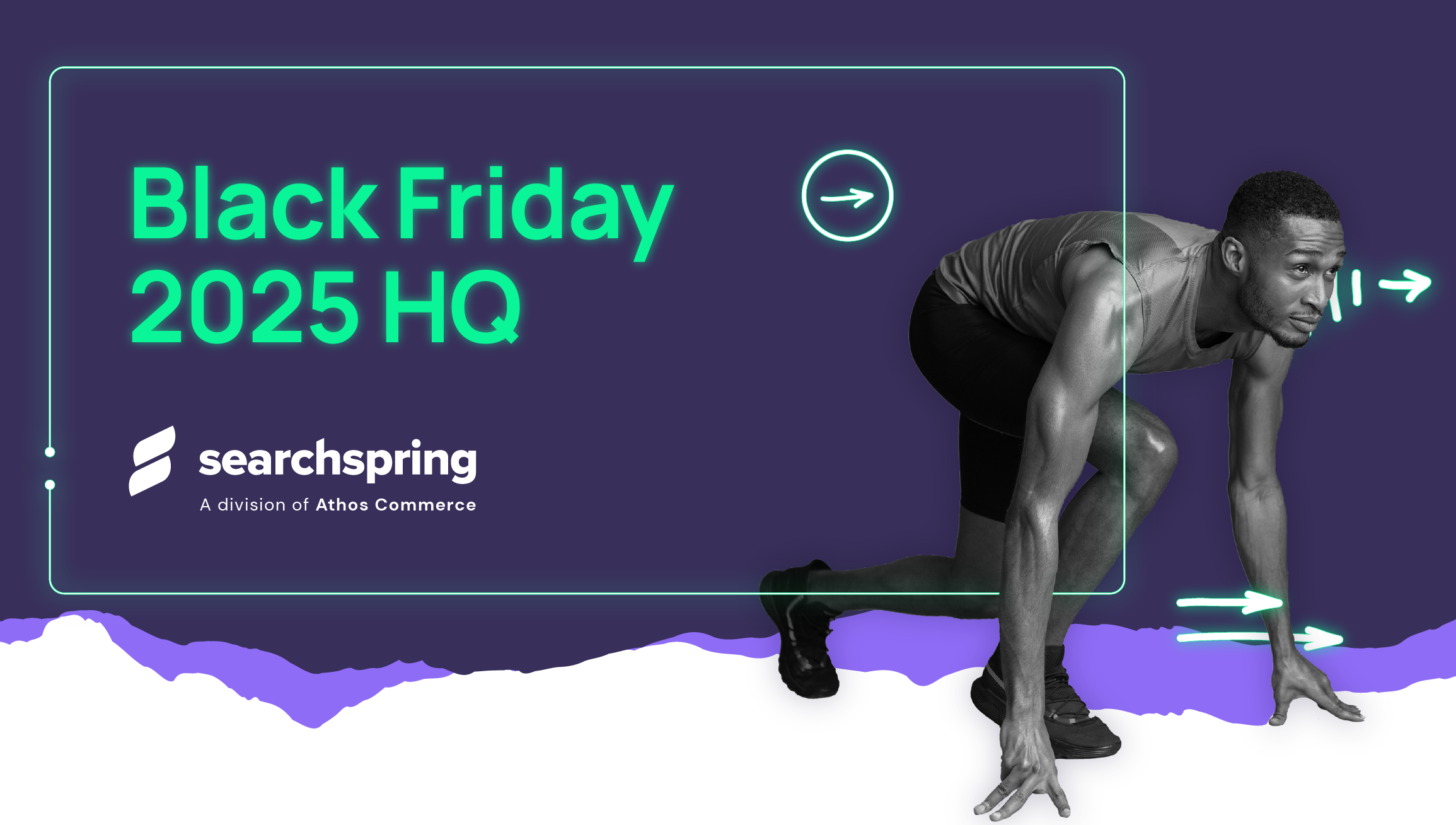The shopper experience was rewritten throughout the COVID-19 pandemic. Consumer behaviours evolved rapidly and in turn, placed even greater expectations on online retailers. For example, McKinsey reports that 71% of consumers now expect personalisation in their online journey, with 76% becoming frustrated when they don’t find it. Additionally, Gartner finds that companies risk losing 38% of their existing customer base due to poor personalisation efforts. The tools to deliver cutting-edge, personalised shopping experiences are one of the most vital parts of your tech stack.
Ecommerce Platforms
An ecommerce platform is like a shopping mall that houses physical retail stores. In digital terms, your platform is where you run your online store. Multiple retailers use the same platform, each with individual stores representing their brand – just like a physical shop-front.
Some of the leading ecommerce platforms include Shopify and Shopify Plus, Magento (now Adobe Commerce), and BigCommerce.
Considerations when choosing your ecommerce platform include:
Themes
Each platform will have pre-built themes that determine your online store’s look, feel, and user experience. While it’s often fast to launch using pre-built themes, there can be long-term limitations, such as the level of storefront customisation. On the other hand, custom theme development enables every aspect of your site to reflect your brand. Although this option can sometimes increase development time and costs, it can create a strong differentiator between your brand and the competition.
SEO
Ecommerce platforms that include robust SEO (search engine optimisation) features can help you get found online and attract more free traffic to your site. Some critical SEO features your ecommerce platform should support include:
- Built-in blogging features that make it easy to create high-ranking content.
- A user-friendly interface that helps customers navigate your store.
- Auto-generation of canonical tags that prevent duplicate content from appearing in search results.
- SEO-friendly URLs for product, category, and other pages.
- Ease of managing H1 header tags across your site, which help search engines understand your website pages.
Speed and Scalability
Unbounce analysis shows that 45.4% of consumers surveyed are less likely to make a purchase when an ecommerce site loads slower than expected. A further 36.8% are less likely to return to that website. Needless to say, speed is essential.
Ecommerce scalability allows your website to handle both gradual increases in online traffic and sudden bursts of traffic without negatively impacting the user experience. Particularly when considering a platform for global scalability, it’s critical to understand how it handles traffic loads at peak times (such as Black Friday and Cyber Monday sales) and if there are known limitations. Run an ecommerce site audit to uncover gaps and make adjustments to your online store.
Integrations
Ecommerce platforms now have pre-built integrations with other technologies that may be in your tech stack. Certified partners provide seamless integrations with each platform to make connecting your tech stack faster and easier. See the Shopify Plus Certified Partners page as one example.
The Power of Personalisation
Searchspring is a search, merchandising, and personalisation platform that empowers online retailers to deliver the ultimate shopping experience while driving a new level of efficiency for ecommerce teams. Automation and duplication of merchandising across multiple domains is an incredible time-saver for lean ecommerce teams focused on global growth. In addition, seasonality, collections, and inventory can be easily adjusted to optimise merchandising for each country or region and focus on what sells locally.
Additional localisation options, such as search term synonyms like ‘jumper’ being used for ‘hoodie’ ensure that shoppers in every region have the most seamless experience. Spelling optimisations, e.g. personalised vs personalized, also help shoppers find their perfect products every time.
Personalised recommendations, which deliver tailored suggestions such as “complete the set” or “you may also like”, need to account for what sells in each region and put the most relevant products in front of shoppers. Searchspring’s personalised recommendations can consolidate historical data for emerging regions or use individual region sales history to boost relevancy. Personalised recommendations can be placed anywhere on your site – and are highly effective on zero results pages.
Lastly, online retailers can use precise search filters with rules that provide results and recommendations by individual region. Stock availability, pricing, and preferred or excluded collections can all be tailored to local audiences. This detailed personalisation ensures that every online retailer can grow their global presence without the heavy-lifting to customise the shopping experience to regional audiences.
With a complete search, merchandising, and personalised recommendations suite, Searchspring puts the right products in front of the right shoppers at the right time.
Book your tailored demo of Searchspring to see first-hand how search, merchandising and personalisation delivers the ultimate shopper experience to support your global business growth goals.




